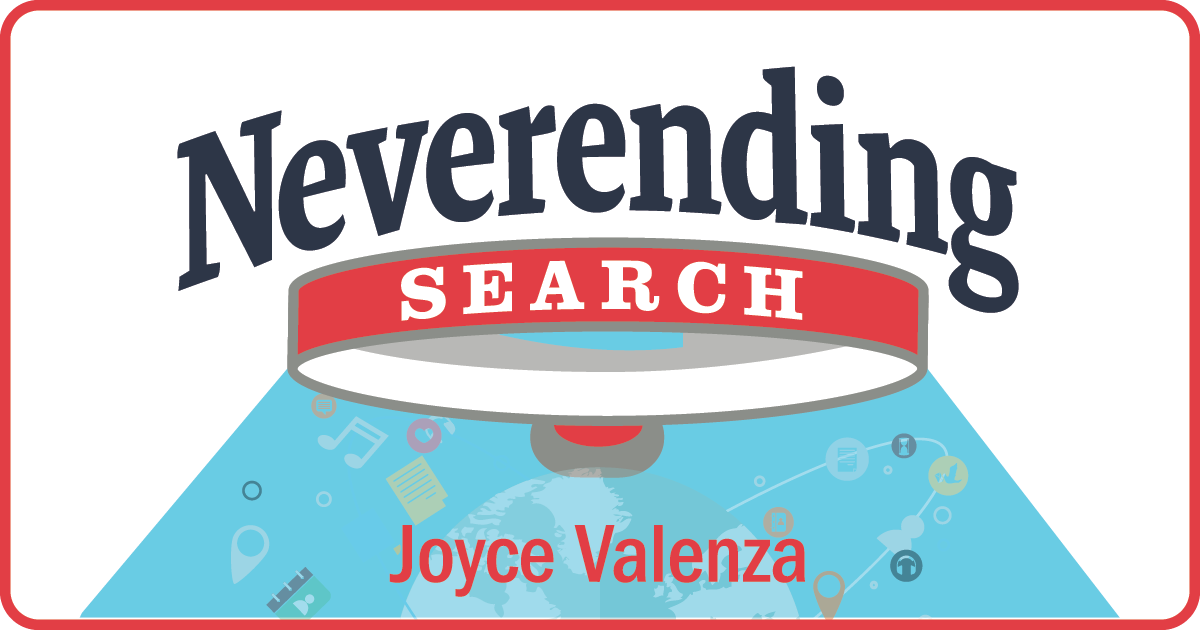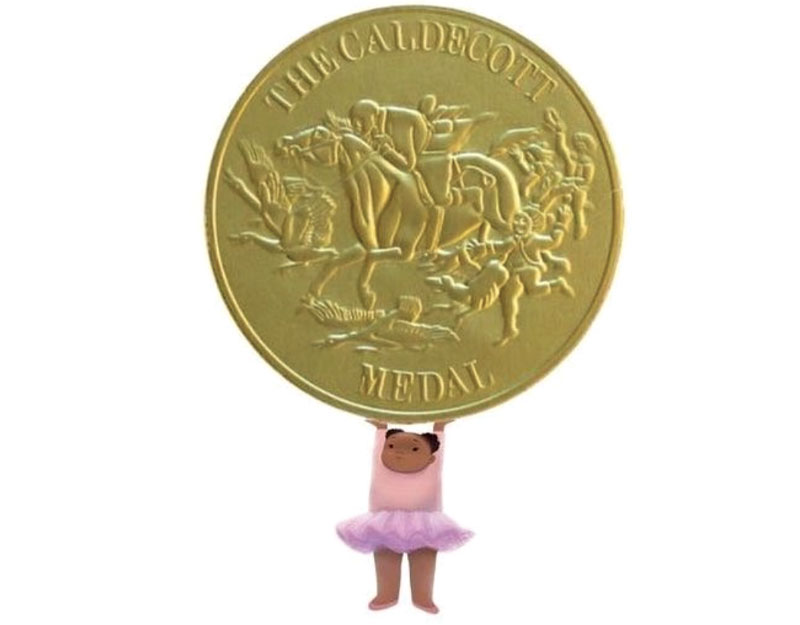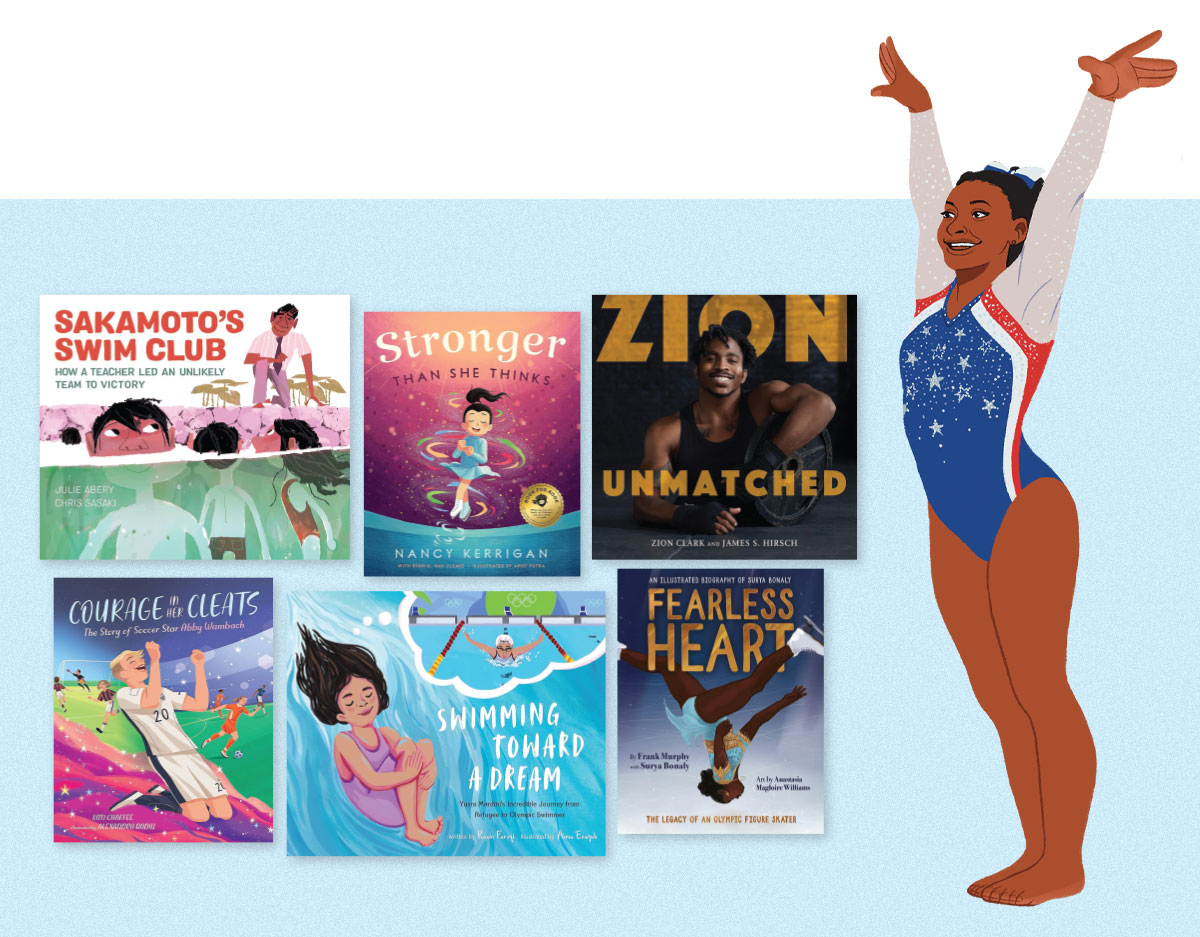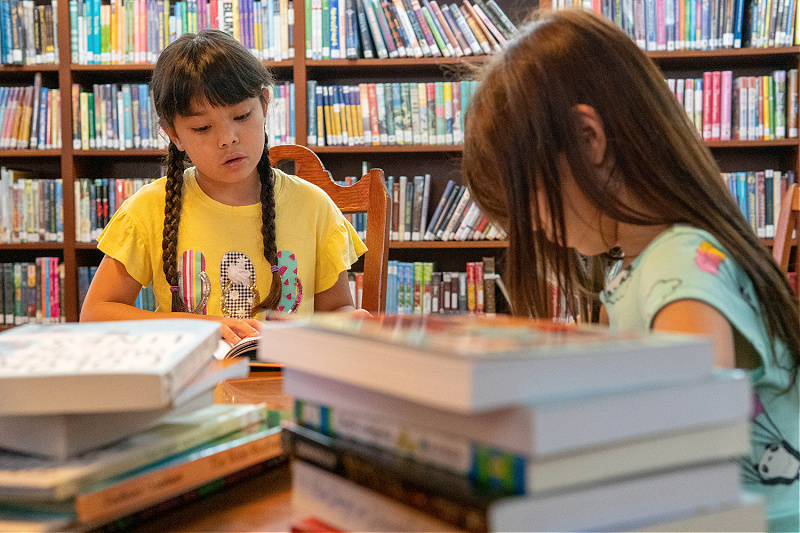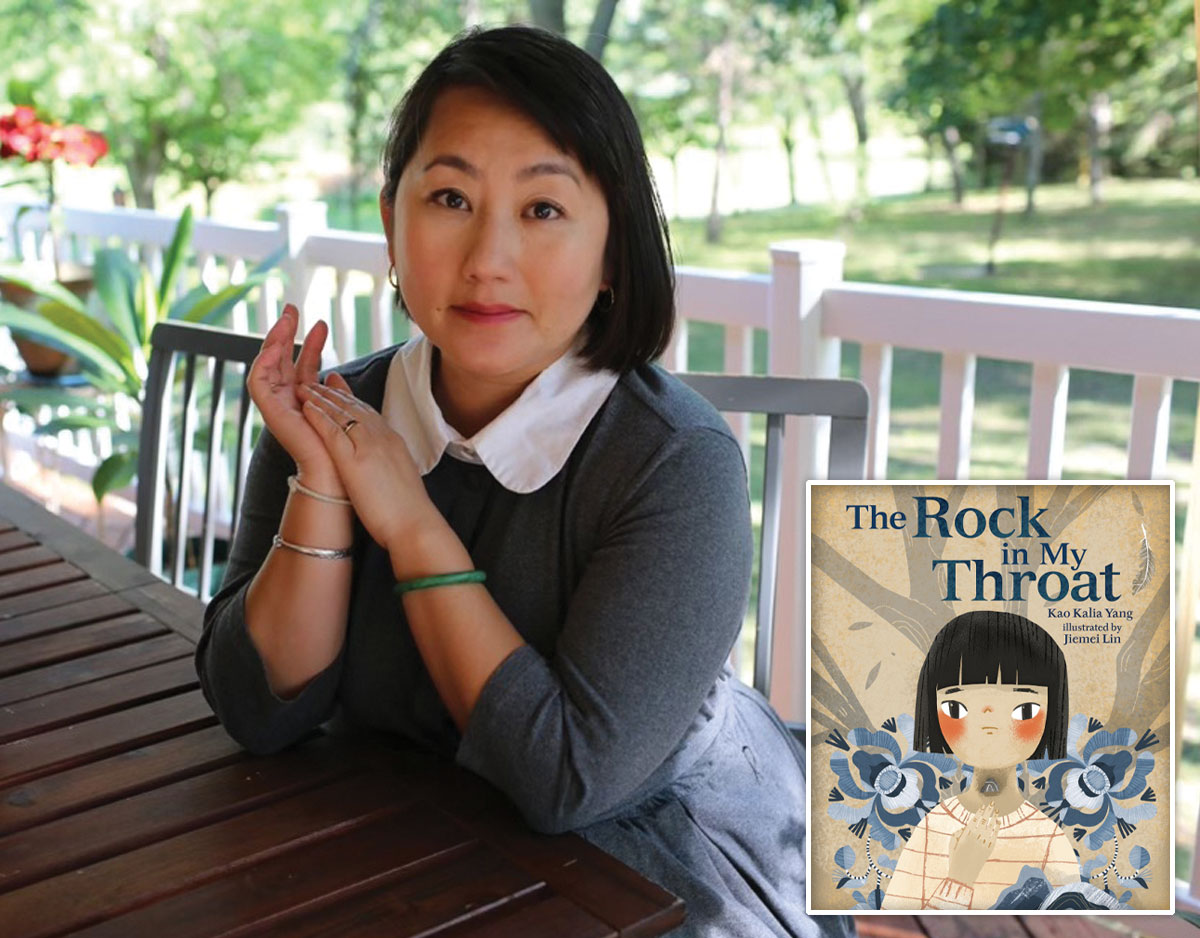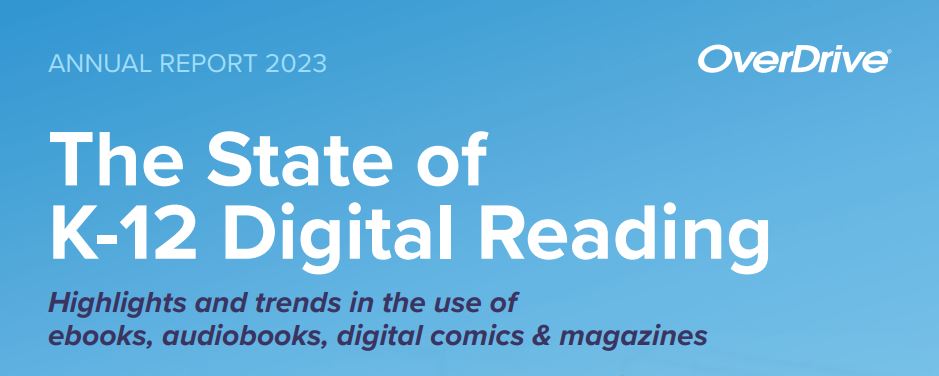SCROLL DOWN TO READ THE POST
On wrapping it up with a meme: reflecting on the semester
Each semester I ask my Search and the Information Landscape sections to reflect on  their learning by thinking about it figuratively and metaphorically, visualizing the landscape and their place in it. This year, I added the option of a meme to the visualization menu.
their learning by thinking about it figuratively and metaphorically, visualizing the landscape and their place in it. This year, I added the option of a meme to the visualization menu.
I wonder what would happen if you asked your students to wrap up their year in the library, their year of learning, or their year in a particular class with a visualization of some sort.
ADVERTISEMENT
ADVERTISEMENT
Why visualize learning?
If you are a constructionist, you believe learning is an active process. Learners construct their new understandings by integrating them into their existing knowledge structures. When we ask learners to construct visually, we literally ask them to see a bigger picture–to synthesize, to prioritize, to consider patterns, connections, and relationships. Because students each come to the learning from different contexts, their schema are different and more personally meaningful.
Having some type of spatial mnemonic aids in organizing our memories for later retrieval. Asking learners to choose a strategy for communication of information enhances multichannel processing.
This semester my students described the search landscape as icebergs, porous hourglasses, archaeological digs, complex maps, equations, air purifiers, etc. Each came with a narrative reflection.
First I’ll share some of suggested digital tools. Scroll down for a few samples of my own students images and a little taste of their reflections.
Digital Tools
Here are some suggested digital tools learners might use to visualize their learning. Many are available as apps as well as web-based options.
For infographics:
For posters and images:
- Canva (and Canva Infographics Templates)
- Smore
- Powerpoint
- ImageChef
- Big Huge Labs
- Posterini
- Thinglink (for interactive images and video)
- See my Playing with Images Symbaloo for more idea
Memes: I am curating a list here as well (Check before using these with little ones)
- Kapwing Meme Maker
- ImageChef Meme Maker
- DC Kids Meme Generator
- MemeBuddy
- MemeGenerator.net
- LOLBuilder
- imgur
- Quickmeme
- Memecreator
- DIYLOL
- Make a Meme
- Imgflip
Comic makers
- Comic Life (purchase)
- Pixton
- Comics Head Lite
- Toondoo
Sample visualizations
Here are some examples of my students’ semester summaries that demonstrate how personal and different these creative syntheses might be.

From Jamie Anderson, who explains the meme:

Sticky ideas from Miriam Terron-Elder

Ah-has from Elizabeth Smith

Elizabeth Norris on the landscape and our role as librarians

The hourglass is submerged in the water, with murky water flowing in, out, and around the glass. The hourglass felt important for the obvious reason that search requires time. This class helped me realize that it’s okay for a search to take time. Even a search that I think will be quick may become more of a safari adventure.
Another point I wanted to get across in my infographic is that search is a process that can lead in multiple directions, and that these directions may involve searching the deep web, depending on what kind of information is needed. I used a slightly larger fish leading two other fish into the deep web waters to suggest that sometimes a leader — or librarian — can take people in and out of these searches. I was really struck by some of our readings in our module on search engines, portals, and the deep web. Before this class I hadn’t realized there was an open web vs. a deep web.
Lastly, I highlighted s-e-a in the word “search” and f-i-n in the word “find” to suggest that what one may find in the vast sea of search is a fin — a detectable point, that leads to a fuller bodied fish, a dolphin, a shark, a whale, or even a piece of trash. This fin may be connected to information that is of vital importance. This fin may be connected to information that is dangerous — or in the case of Aaron Swartz, has dangerous consequences. It reminds me of the importance of the information professional — perhaps with an underwater flashlight or an oxygen task — who can help people evaluate information for credibility and accuracy, who can teach the skills and mindsets of evaluating and sharing information.

with thousands of connections, thousands of gaps, and unclear pathways from one point in the web to another. The information is all there, but can the researcher get there from where she is? Our intrepid researcher (me) lies in the middle of the web equipped with many different stances representing her toolbox.
First and foremost is her skeptical, “prove-it” attitude. Then (counterclockwise from the top) tools include:
- A “BS meter” to recognize information that should not be believed and sources that are not trustworthy
- The ability to fail and learn from failed searches, one search at a time
- A chef’s creativity to piece together new approaches to information seeking
- A reluctance to satisfice
- A sharp knife to apply precise search terms
- A detective’s nose of where best results are to be found and what they might look like
- The willingness to search tirelessly through various types of sources until the right results can be found
- Caution to stay away from sites that do not respect users’ privacy
- The ability to put on new pairs of glasses and try different approaches to search as needed and to visualize what the idea results would look and sound like
- An understanding that talking to others (IRL or virtually) can lead to some of the most valuable information
- A questioning mind that asks what might be missing from the results
- The ability to recognize how one awesome source can open up avenues to a host of new discoveries
- The persistence to find those just right sources, the knowledge to recognize them, and the joy to take those lessons forward to apply to the next search!

Rebecca Morel concluded her reflection with an elegant Dryden quote.

And Melanie Konstantinou constructed an elaborate map based on Lord of the Rings. She created an impressive key to this searchy version of Middle Earth, but that is a bit too long to share in this space. Write me offline for a copy.
Filed under: image, images, learning, memes, visualization
About Joyce Valenza
Joyce is an Assistant Professor of Teaching at Rutgers University School of Information and Communication, a technology writer, speaker, blogger and learner. Follow her on Twitter: @joycevalenza
ADVERTISEMENT
SLJ Blog Network
One Star Review, Guess Who? (#202)
This Q&A is Going Exactly As Planned: A Talk with Tao Nyeu About Her Latest Book
Exclusive: Giant Magical Otters Invade New Hex Vet Graphic Novel | News
Take Five: LGBTQIA+ Middle Grade Novels
The Classroom Bookshelf is Moving
ADVERTISEMENT
ADVERTISEMENT

